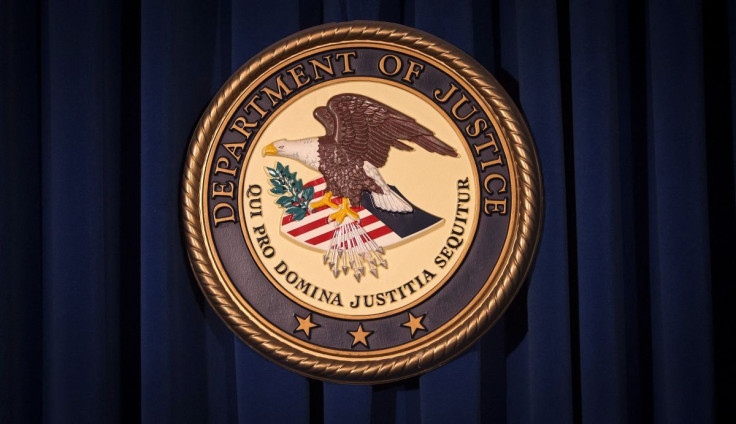3 Miami Residents Charged With Defrauding Banks, Crypto Exchange
KEY POINTS
- Miami residents face up to 30 years in prison for orchestrating crypto fraud
- They forced U.S. banks to revert $4 million to accounts controlled by them
- They are charged with several offenses, including conspiracy to commit wire fraud and aggravated identity theft
Three Miami residents were arrested for participating in a scheme to steal millions of dollars in cryptocurrency and deceiving banks as well as a cryptocurrency exchange, the Department of Justice (DoJ) announced. The trio was charged with several offenses, including wire fraud and aggravated identity theft.
According to the DoJ statement, Esteban Cabrera Da Corte, Luis Hernandez Gonzalez, and Asdrubal Ramirez Meza were arrested Tuesday morning and will be presented in the United States District Court for the Southern District of Florida.
Authorities said that the trio stole cryptocurrency worth more than $4 million from a crypto exchange, which wasn't identified, and claimed that the transactions were unauthorized.
The trio deceived the U.S. banks and the crypto exchange using personal identifying information stolen from other people, forcing them to reverse the transactions and redeposit the money into the bank accounts controlled by them.
"As alleged, Esteban Cabrera Da Corte, Luis Hernandez Gonzalez, and Asdrubal Ramirez Meza used stolen identities to buy cryptocurrency and then doubled down by disputing the transactions, deceiving U.S. banks into believing that they themselves were the victims of someone else's fraud. Thanks to the efforts of HSI's El Dorado Task Force, their duplicity has been uncovered and they now face serious federal charges," U.S. Attorney Damian Williams said.
According to the statement from the DoJ, the men implemented their fraudulent scheme in 2020 by opening accounts with the cryptocurrency exchange, "frequently using photos of fake U.S. passports, fake drivers' licenses, and stolen personal identifying information."
The conspirators first purchased crypto via money deposited through ATMs in the bank accounts controlled by them. This crypto was then sent outside the crypto exchange and then the men used to call the bank and the exchange stating that the transaction was unauthorized.
The fraudulent scheme resulted in U.S. banks processing more than $4 million in fraudulent reversals while the exchange lost around $3.5 million worth of crypto.
The trio has been charged with conspiracy to commit wire fraud and bank fraud which has a maximum sentence of 30 years in prison; wire fraud which carries a maximum of 20 years in prison; and aggravated identity theft, which carries a minimum sentence of two years.

© Copyright IBTimes 2025. All rights reserved.





















